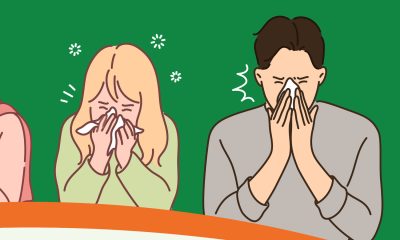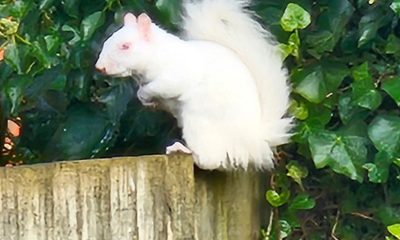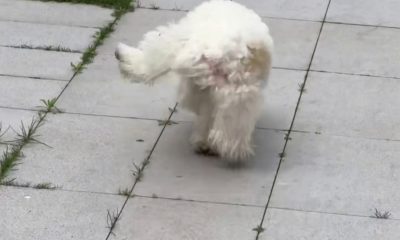By Mark Waghorn via SWNS
Queen ants survive longer than peers by having lots of sex, according to new research.
They produce glucose-controlling insulin to boost lifespan - and reproduction.
The discovery could help increase longevity in other animals - including humans, say scientists.
"Hopefully this finding allows us to better understand the aging process in many animals," said lead author Dr. Hua Yan, of the University of Florida.
He is also an expert on how ants communicate with pheromones to organize their society.
A general rule of thumb in the animal kingdom is the more babies you have, the earlier you die. It is a sad trade-off.
But ants buck the system. Queens are the only individuals in a nest that reproduce. They also live five, 10 or up to 30 times longer than genetically identical worker sisters.
via GIPHY
The team have now got to the bottom of the phenomenon - which has stumped biologists for decades.
They identified a dual-control system for insulin - the hormone linked to metabolism and diabetes.
Queens massively increase production - which promotes egg development.
Meanwhile their ovaries make an insulin blocker that slows down the aging process.
Whether we could ever benefit from partially blocking the insulin pathway remains an open question.
Calorie restriction, which decreases insulin production, can increase lifespan in mammals but hurts reproduction.
The study, published in the journal Science, focused on Harpegnathos saltator, also known as Indian jumping ants, because of a helpful transformation they undergo.
When a queen dies, the remaining workers duel to decide which ants will become new pseudo-queens capable of laying eggs.
They acquire longer lifespans. But the process is also reversible if they encounter a true queen.
It provided the perfect system to study how lifespan extension can be switched on and off.
The researchers discovered that pseudo-queens produce much more insulin, which they expected.
Insulin helps convert food into energy, and reproduction is an energy-intensive process.
"It's straightforward, the pseudo-queen is reproductive, so they need insulin," Yan said.
"But insulin normally shortens lifespan, yet they have much longer lifespan – why?
"There must be something in the insulin signaling of the ants that differentially regulates reproduction and longevity."
The researchers found this extra layer of control in the form of a protein called Imp-L2 which blocks insulin.
It is produced by the newly active ovaries of the pseudo-queen - slowing down the part of the pathway normally responsible for accelerating the aging process.
But the reproduction-boosting side of insulin signalling is left intact.
Yan said: "In a sense, the ants get to have their cake and eat it too, coupling egg-laying with a long life."

 Parenting1 week ago
Parenting1 week ago
 Lifestyle1 week ago
Lifestyle1 week ago
 Good News4 days ago
Good News4 days ago
 Wildlife3 days ago
Wildlife3 days ago
 Health4 days ago
Health4 days ago
 Entertainment1 day ago
Entertainment1 day ago
 Broadcast12 hours ago
Broadcast12 hours ago
 Work2 days ago
Work2 days ago






















